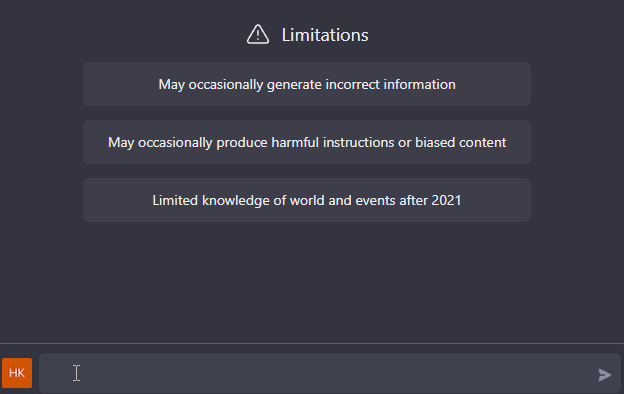Throughout human history, the non-linear timeline of new inventions had always been punctuated by the dots of skepticism at best and unbridled ridicule at worst.The men and women who shaped our way of living by their respective creations, something that we conveniently take for granted at present, did suffer silently in order to come up with devices that appeared impossible to make, show their relevance or both at the time of invention - to those who simply hated change.
Alexander Graham Bell - inventor of the telephone - Nikola Tesla - inventor of AC, alternating current - Wright brothers - inventors of airplane and of course, Steve Jobs - the inventor of iPhone - for instance, had their usual share of brickbats, to name but a few.
In this context, the advent of AI, Artificial Intelligence, is no exception: there are people who simply hate it; then, there are folks who just do not see any advantage that stems from the concept; ironically, there are also a significant number of tech savvy people, who inadvertently play into the hands of the former by exaggerating the significance of AI, much to the alarm of those who see its real benefit.
The tendency of equating the prediction of the prices of commodities as an exact science is a case in point. It really is not: it's none other than AI that says so!
I, for instance, used ChatGPT, the chat bot that created a buzz at the end of the last year, introduced by OpenAI, the other day to make a basic inquiry about it: this is the response of ChatGPT that addressed my curiosity:
ChatGPT explicitly says what models can do and of course, the factors that determine the outcome and associated risks, if you tend to rely on them too much.
ChatGPT, however, is good at providing computer programmers with perfect code using AI, when asked for it. For instance, when I asked it to give me the code to update a record in a database in Microsoft SQL Server in C#, I got the exact code without a single error.
In short, there are tasks that ChatGPT - and AI for that matter - performs well, but not everything, despite the hype.
The commodity markets are rife with ML models and it is important to understand their role in the current predicament of the sector.
Of course, mathematical models are useful. They, however, are based on machine learning, ML, and there is a clear distinction to make between AI an ML: in ML, you train models and models 'learn' from the given data and make predictions accordingly; if the original data was questionable or 'massaged', the predictions would take the predictable path.
The following simple model that I created using JavaScript, in order predict a regression line by 'learning' from the previous data. Although I mathematically minimized the known errors, the line is far from perfect.
You can click the grid to create data points - to input data too - and the corresponding regression line changes with its steepness and y-intercept, accordingly.
The prices of crude oil and LNG, liquified natural gas, meanwhile, continue to slide into their usual territory - volatility - despite the endless models at the disposal of analysts, defying the favorable conditions for price hikes such as the deteriorating situation in Ukraine.
Investors are not the only people who are paying the price for the stagnation that we witness at present in the commodity markets; oil producers are also collectively suffering as they got their numbers wrong by relying excessively on the hyped-up demand, based on the forecasts of mathematical models - a model failure.
Their stubborn resistance to maintaining supply of crude oil in the markets contributed directly to the global downturn, especially when the world was recovering from a catastrophic, once-in-a-century pandemic.
The failure of the oil producers, especially in the Middle East, in striking a balance at the right time has become a boomerang for them; they have been forced to reduce the price of crude oil to the customers in Asia in order to regain the dwindling market share - once more.
In conclusion, there is still room for commonsense, when it comes to judging the true direction in which the winds of markets blow - commodity or not.









